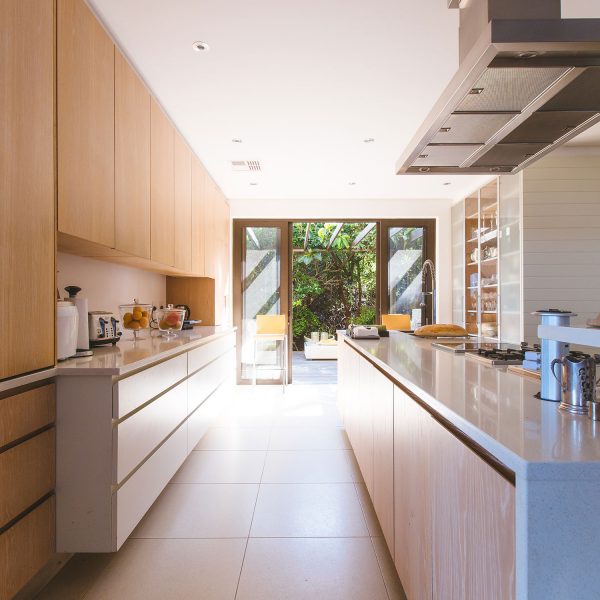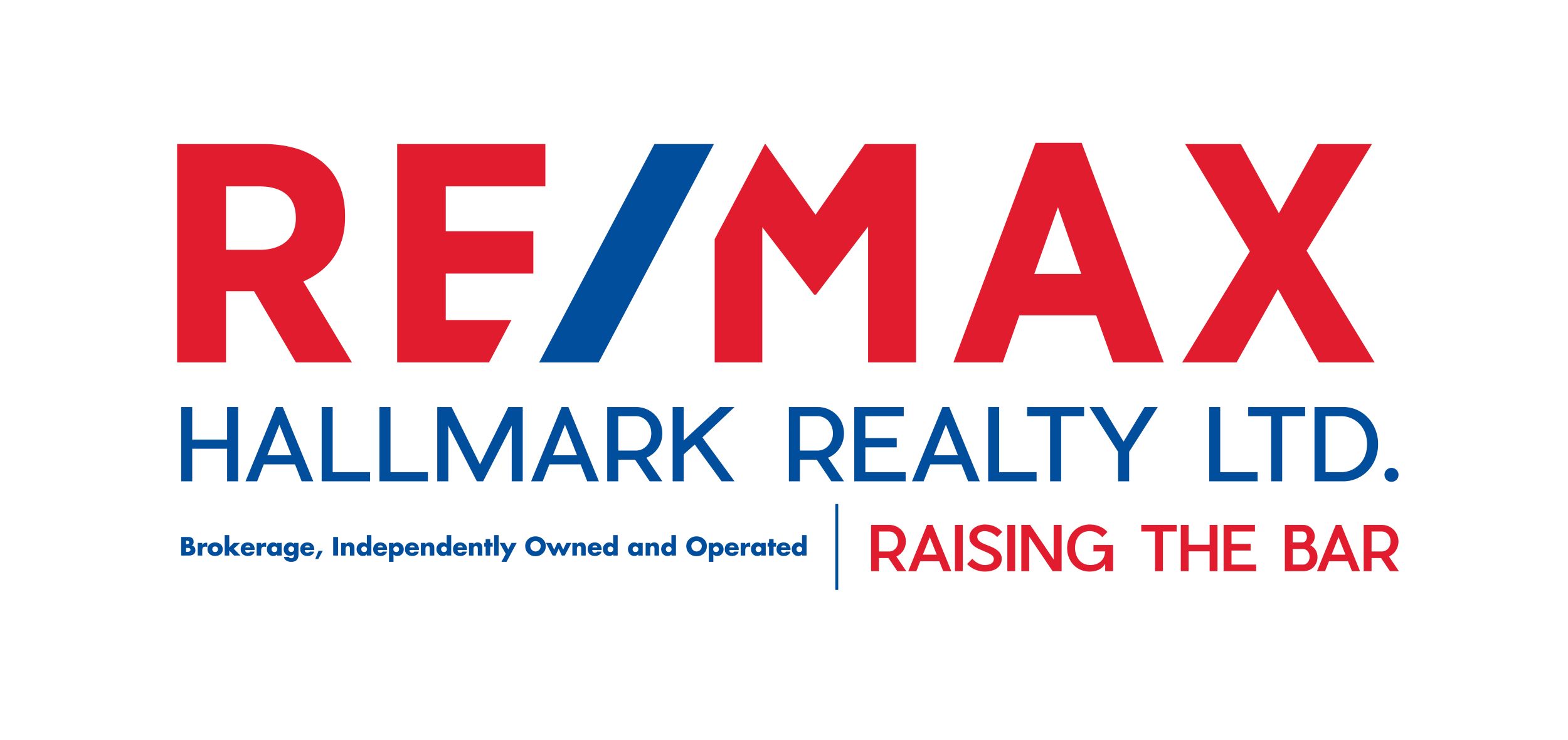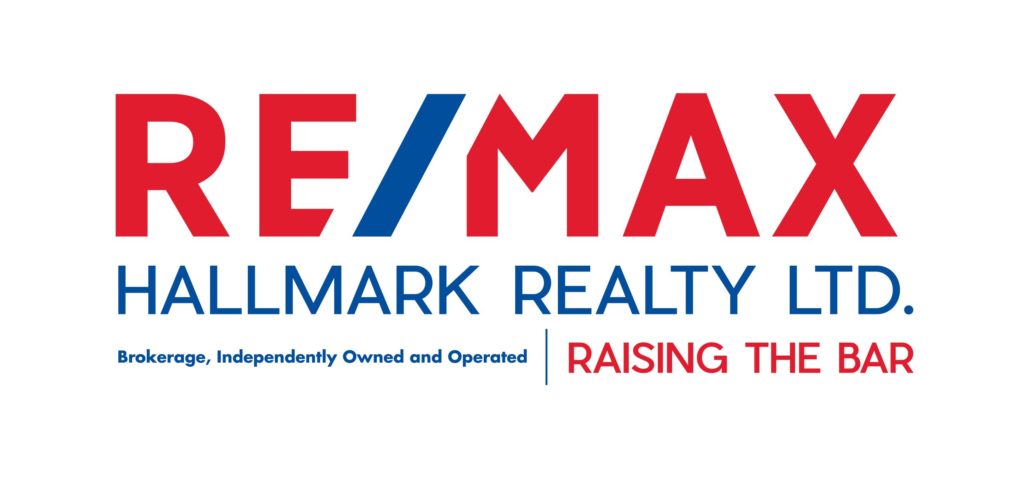Smart homes are all the rage these days, but what exactly does having a smart home mean?
A smart home is a house where technology has been added to automate and schedule some tasks for systems connected to your network.
Such as? Lighting, climate control, security systems, entertainment systems and even appliances. From your phone or computer, you can control many things about your house, even when you’re not home.
A lot of people have gotten on the bandwagon, using hubs connected to apps like Google Assistant, Siri or Alexa. Through their hub, they can play music, set up shopping lists, control lighting or other entertainment systems. But a fully networked smart home can be so much more. And if
you’re thinking of selling, some wireless smart technology can be a relatively inexpensive and easy to install upgrade.
Benefits of smart technology in the home
- Convenience — You can change settings within your home, even when you’re not there. That can include unlocking the front door to let your kids in, and monitoring that they did in fact get home, when you can’t be there. You can set the lights to turn on at certain times, or you can control it yourself, ensuring you never come home to a dark house. You’ll never have to worry about whether or not you turned off the coffee machine before you left in the morning because you’ll be able to check it from your office!
- Efficiency — Smart monitoring can help you save money by making sure that your lights and climate control are set up in tune with the current weather forecast. In effect, the smart devices learn both your habits and other parameters to self-adjust for maximum efficiency. Smart appliances can be turned on at times that are optimal for hydro usage: your dishwasher, for example. Smart systems tied to your lawn sprinklers will include sensors ensuring that they only water when the lawn needs it and within specified parameters (for example, if you live in a place where even numbered houses can only water on even days before 10 a.m., your smart system can be programmed to factor that in).
- Security — With many smart devices also including video feeds, you can see who is at the door without answering it, or even have the video record when someone approaches your front door. If you’re away, many smart lighting systems will turn lights on and off randomly, after dark, giving a realistic appearance that someone is home. You can also receive alerts when you’re not home, to tell you that something is wrong in your home. Whole system monitors have even developed to the point where a power outage might trip a sensor to shut off the water supply, to avoid pipes freezing, or turn off appliances so they won’t short out.
One particularly good use is to help monitor and render assistance for an elderly person, allowing them to remain in their home independently for longer.
“Some devices can trigger an alert if an elderly person fails to take their pills, falls over or is behaving outside their normal routine.” (Source)
Concerns about making your home smart
As the technology continues to evolve, concerns exist over security and privacy. Is Google listening to your conversations or are they collecting data on your consumer spending habits? How would you know if they were?
The use of technology, particularly wireless technology, always invites the issue of hackers and maintaining control of one’s data. Privacy and data security are focal points for smart home device manufacturers however, as a breach would call them into question.
“As with any internet-connected device, smart homes are at risk of getting hacked. Each connected device notifies its corresponding app when it’s being used, sending a digital fingerprint to the router. Hackers monitoring your router can learn about your daily schedule and view videos/images of you or maps of your home. Such data can be beneficial to anyone wanting to break in or spy on your once intimate home life. (And what about the nightmare of hackers taking over control of your home?)” (Source)
Ultimately, you can add some smart tech to your home to make it more safe, secure and convenient.
“More than a quarter of all consumers surveyed by Coldwell Banker own at least one smart home product, and nearly half of millennials (aged 18-34) have adopted the technology.” (
Source) So if you’re going to sell your home in the future, when you do any upgrades, consider adding a smart component!



